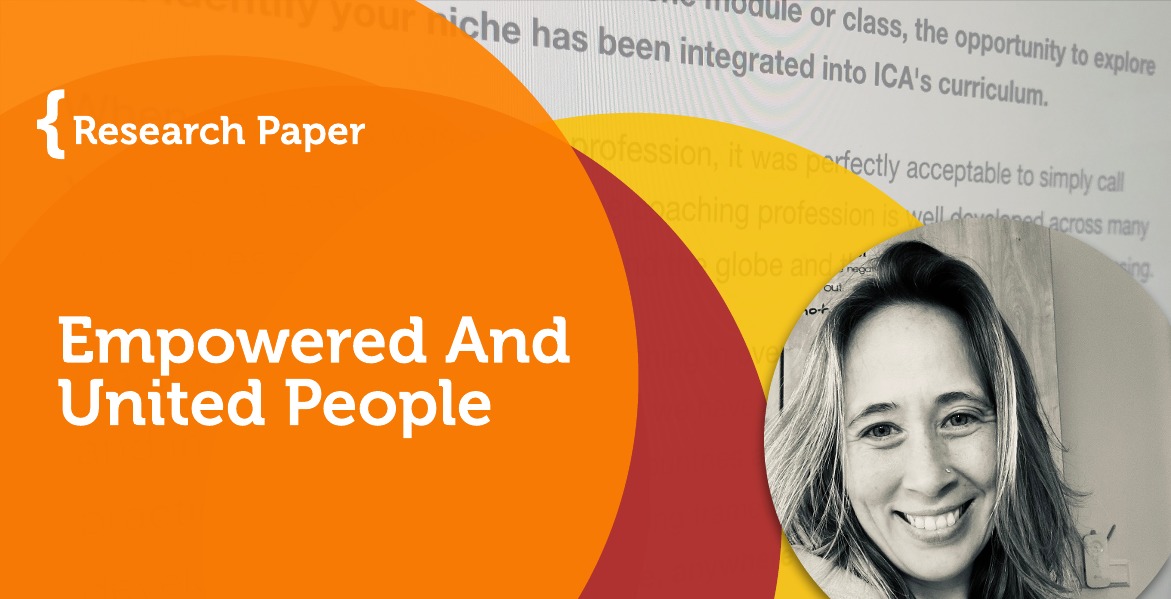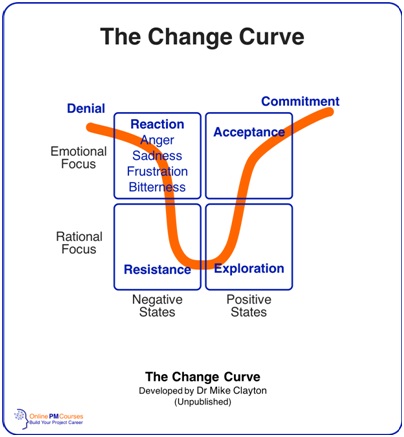 Research Paper By Lorena Jauregui
Research Paper By Lorena Jauregui
(Life Coach, NETHERLANDS)
Introduction
Before analyzing the coaching application in Sustainable Social Change, the first step is to understand what is social work, and social sustainability.
“Social work is a practice-based profession and an academic discipline that promotes social change and development, social cohesion, and the empowerment and liberation of people. Principles of social justice, human rights, collective responsibility, and respect for diversities are central to social work. Underpinned by theories of social work, social sciences, humanities, and indigenous knowledge, social work engages people and structures to address life challenges and enhance well-being.”- International Federation of Social Workers[1]:
“Social sustainability occurs when the formal and informal processes; systems; structures; and relationships actively support the capacity of current and future generations to create healthy and livable communities. Socially sustainable communities are equitable, diverse, connected and democratic and provide a good quality of life.” – WACOSS, Western Australia Council of Social Services[2]
The field of social work is quite broad and creating sustainable changes presents many challenges. Non-Governmental and non-profit organizations are required to understand in depth the needs of the community, the culture, the community support system, the impact of any proposed change and others, to provoke sustainable change. The community and individuals alike, go through different stages when facing changes and can potentially get stuck at any of these specific stages if the social project is not managed adequately and the appropriate partners are not involved.
Based on a case study in Vietnam[4], staff members of different organizations shared their viewpoints on the challenges faced to ensure sustainable development. The main points identified were:
Coaching
The International Coach Federations“defines coaching as partnering with clients in a thought-provoking and creative process that inspires them to maximize their personal and professional potential”[5].
According to the International Coaching Community “the essence of coaching is:
It unlocks a person’s potential to maximize their performance. Coaching helps them to learn rather than teaching them.”[6]
Following on from the above definitions, there are a couple of words that stand out; help and support. The coach is not the expert, the coach supports the person to become the best one can be, without attachment, assumptions, and preconceptions. A coach needs to enter the coaching relationship like a white canvas, without any vested interests other than helping the client, nor preconceived ideas to understand carefully what the client is communicating.
To support the coaching process, the coach needs to develop different skills. Listening is an important skill in any coaching relationship to understand and process what the client is communicating. The coach is required to listen actively, interpret not only what is being said but also what is not being said, to support the client in understanding themselves and achieve what they desire. Additionally, the art of questioning is equally important, to allow the client to search deeply within themselves the answers to the outcomes they are seeking. As mentioned above the coach should not provide any opinion, but instead, use strong questions to facilitate the client’s learning and development. The questions need to serve the client in achieving the client’s desired outcomes, not the coach’s own interests. To be able to listen and question the client effectively, the coach also has to have high emotional intelligence, without being able to relate to others and truly have the desire to help others, it could be challenging to understand and support the client.
Hand in hand with emotional intelligence skills is empathy. It is as important for the coach to understand the client’s feelings as well as the client feeling they been understood; building a relationship based on trust. Another relevant skill is communication, the coach needs to be direct, simple, concise, and precise when providing feedback and asking questions to the client. It is important the coach knows their client and delivers the message in a language that is clear for the client to understand and respond to. Again, there must be no directive or intention behind what is being communicated by the coach.
This is not an extensive list of skills, just the essence of a good coach. [7]
Application
Both coaching and social sustainability are relatively new fields, therefore not much research has been done on the impact of coaching in organizations that promote social sustainability. However, literature can be found on the positive outcomes of utilizing skills-elements of coaching in preparing a community for change, transferring knowledge, education, gathering information, and others. [8] The organizations could potentially benefit from applying a coaching approach to tackle the many challenges that arise from promoting sustainable change. As previously reviewed, the challenges are diverse and continuously evolving, as well as coaching skills and techniques. As an example of the coaching application, below is the analysis of the challenges identified in the case study of Vietnam.
Community needs vs sustainable goals – Not necessarily the gap related to opposed interests, but more the significance of the needs versus the goals of the sustainable project:
Immediate results vs continuity – the duration of sustainable change projects have a limited duration but the intent is to create durable changes within the community:
Awareness and recognition of the organization’s mission; to motivate adherence vs just charity -to bring awareness and recognition to the organization’s purpose and mission, communication is vital:
I believe that having coaching programs in place within organizations that promote social sustainability change, can have a positive impact on the results of the projects that are being managed by those organizations. The possibilities are endless, however, a lot of research is still required.
Resources
[1]“Global Definition of Social Work | International Federation of Social Workers”. ifsw.org. Retrieved July 19, 2017.
[2]https://www.esg.adec-innovations.com/about-us/faqs/what-is-social-sustainability/
[3]https://onlinepmcourses.com/wp-content/uploads/2018/02/The-Change-Curve.png
[4]https://qh16e13group4.wordpress.com/2019/04/14/challenges-in-the-path-to-sustainable-development/
[5]ICF, the Gold Standard in Coaching | Read About ICF. (coachfederation.org)
[6]What is Coaching? – International Coaching Community
[7]Coaching Skills | SkillsYouNeed
[8]Coaching and Mentoring in Social Work – A Review of the Evidence (basw.co.uk)
[9]https://www.insights.com/resources/coaching-people-through-the-change-curve/
[10]Strengths-based approaches for working with individuals | Iriss
[11]A positive approach to social change – Positive News – Positive News
[12]Impact of Coaching in Education | Focus Education: Focus Education (focus-education.co.uk); The Role of Coaching in Learning Transfer – Training Industry; Home | Lever – Transfer of Learning
[13]Importance of communication: The coaching perspective | The Guardian Nigeria News – Nigeria and World NewsFeatures — The Guardian Nigeria News – Nigeria and World News
 [3]
[3]